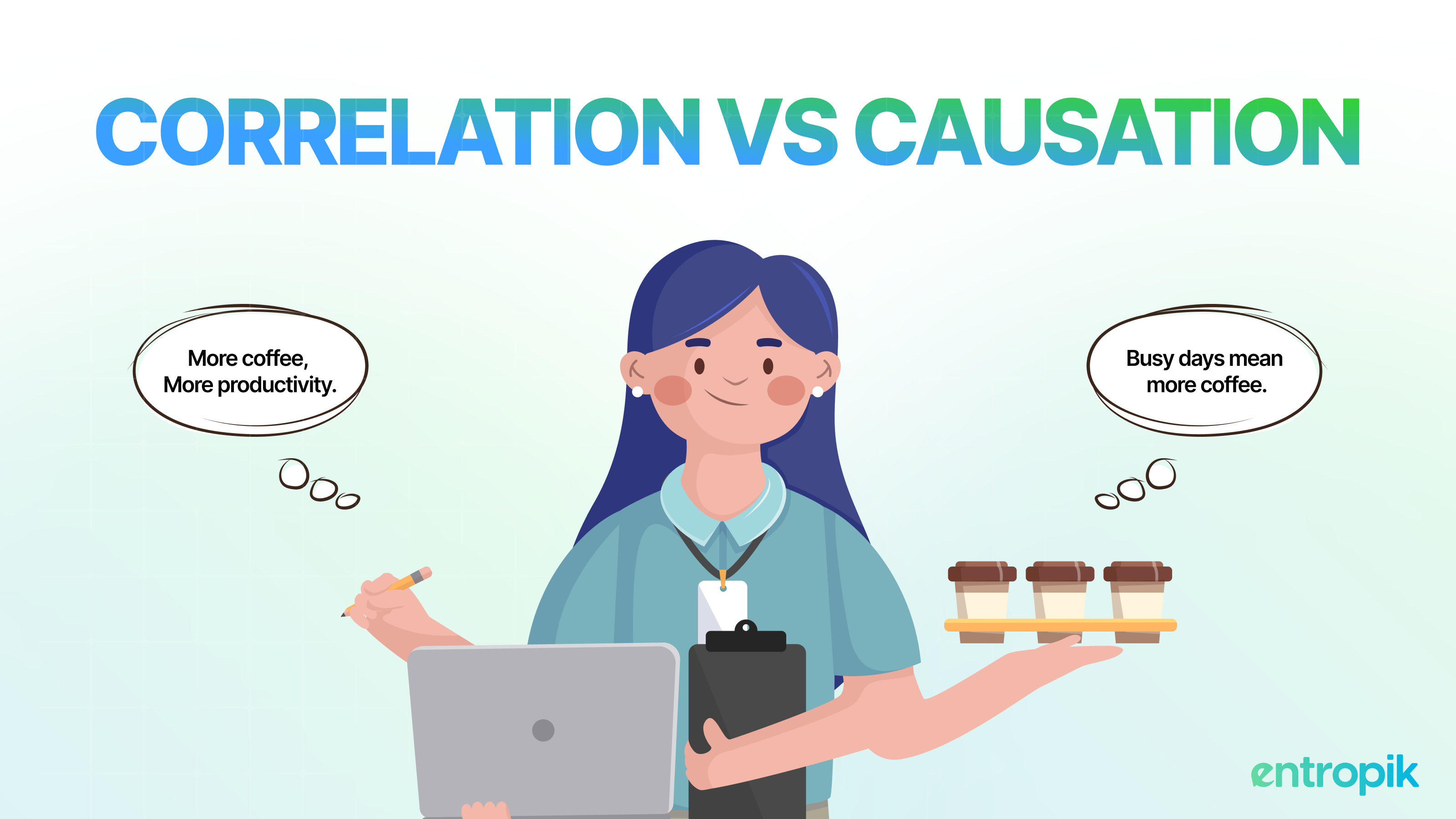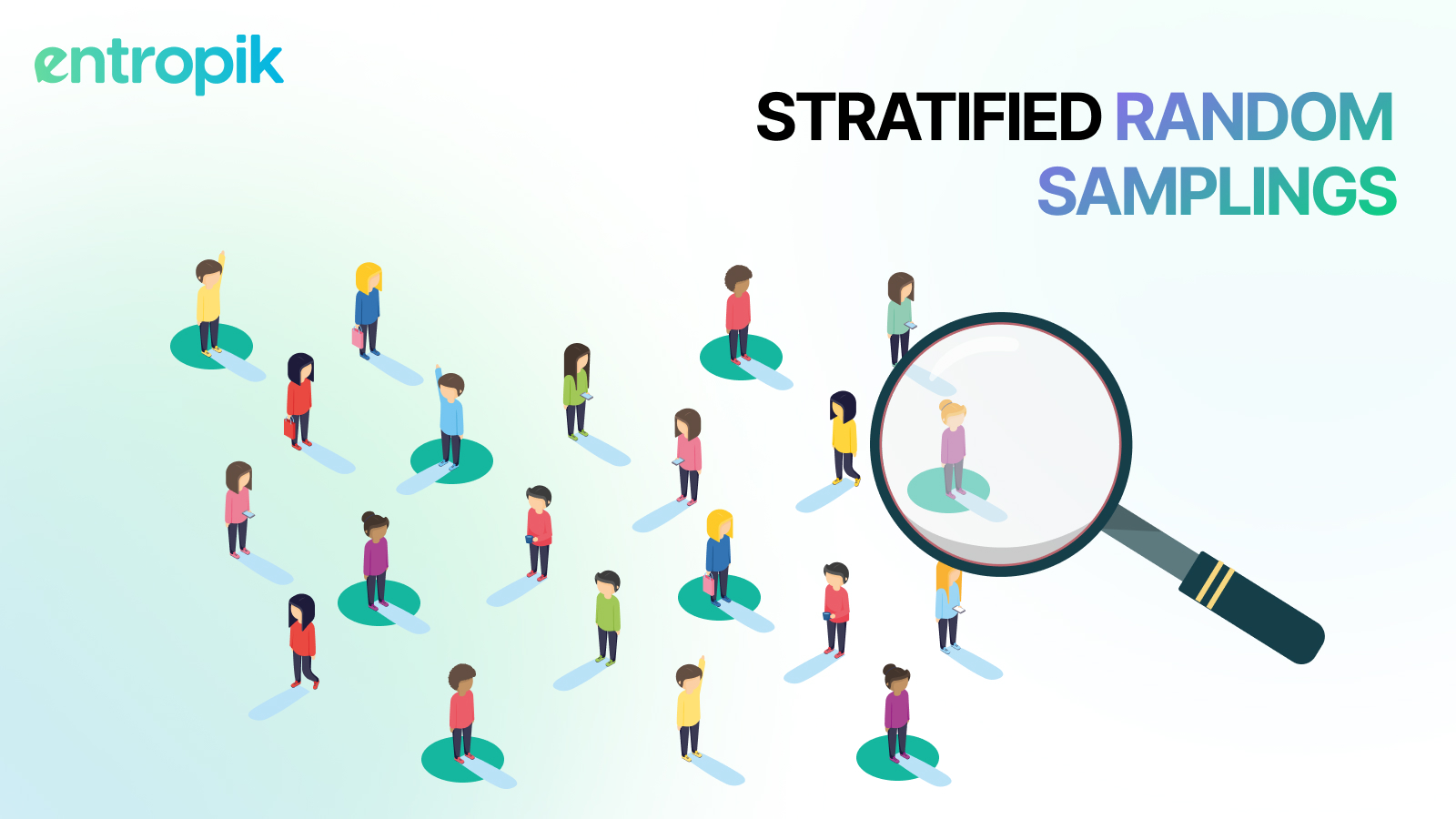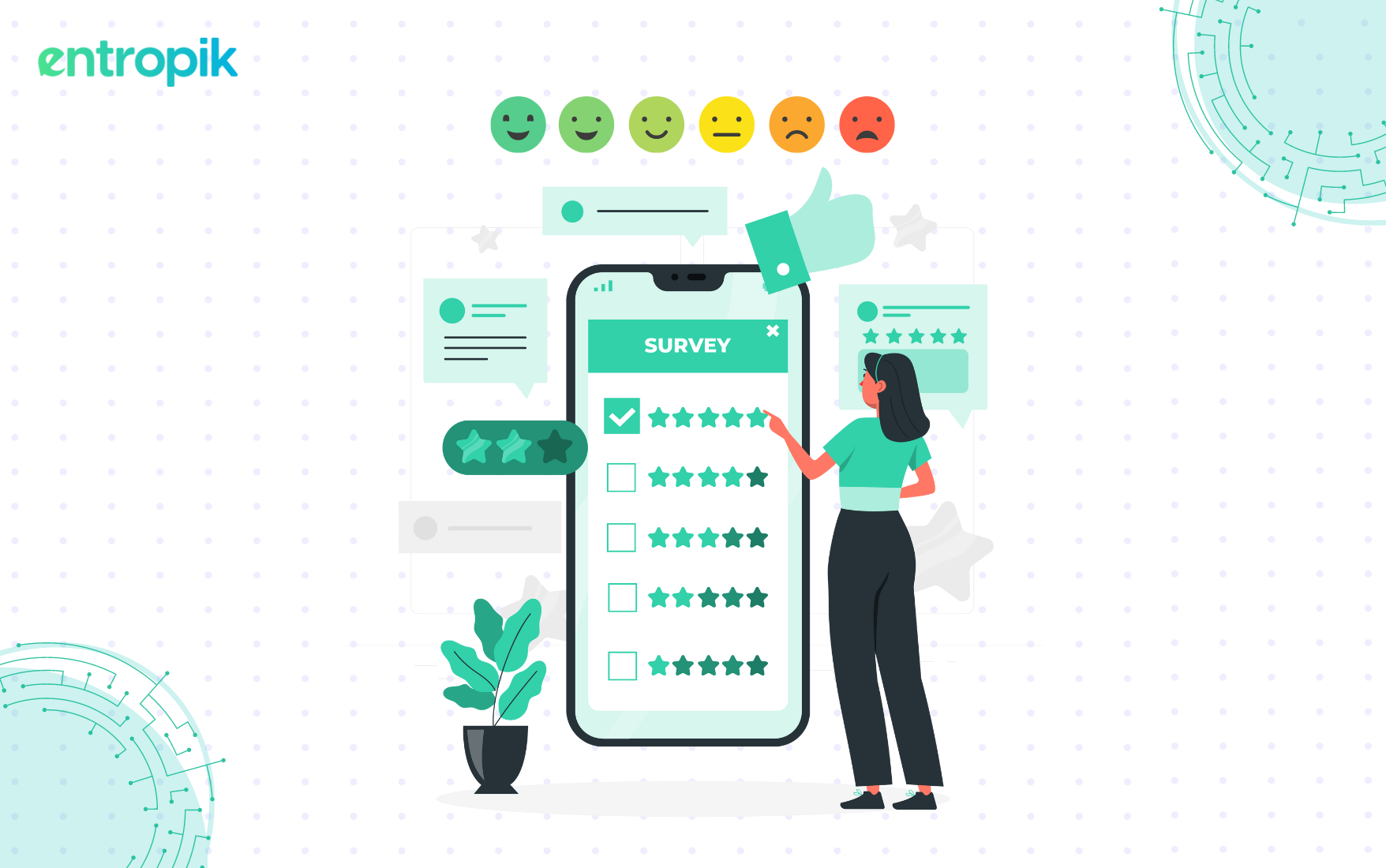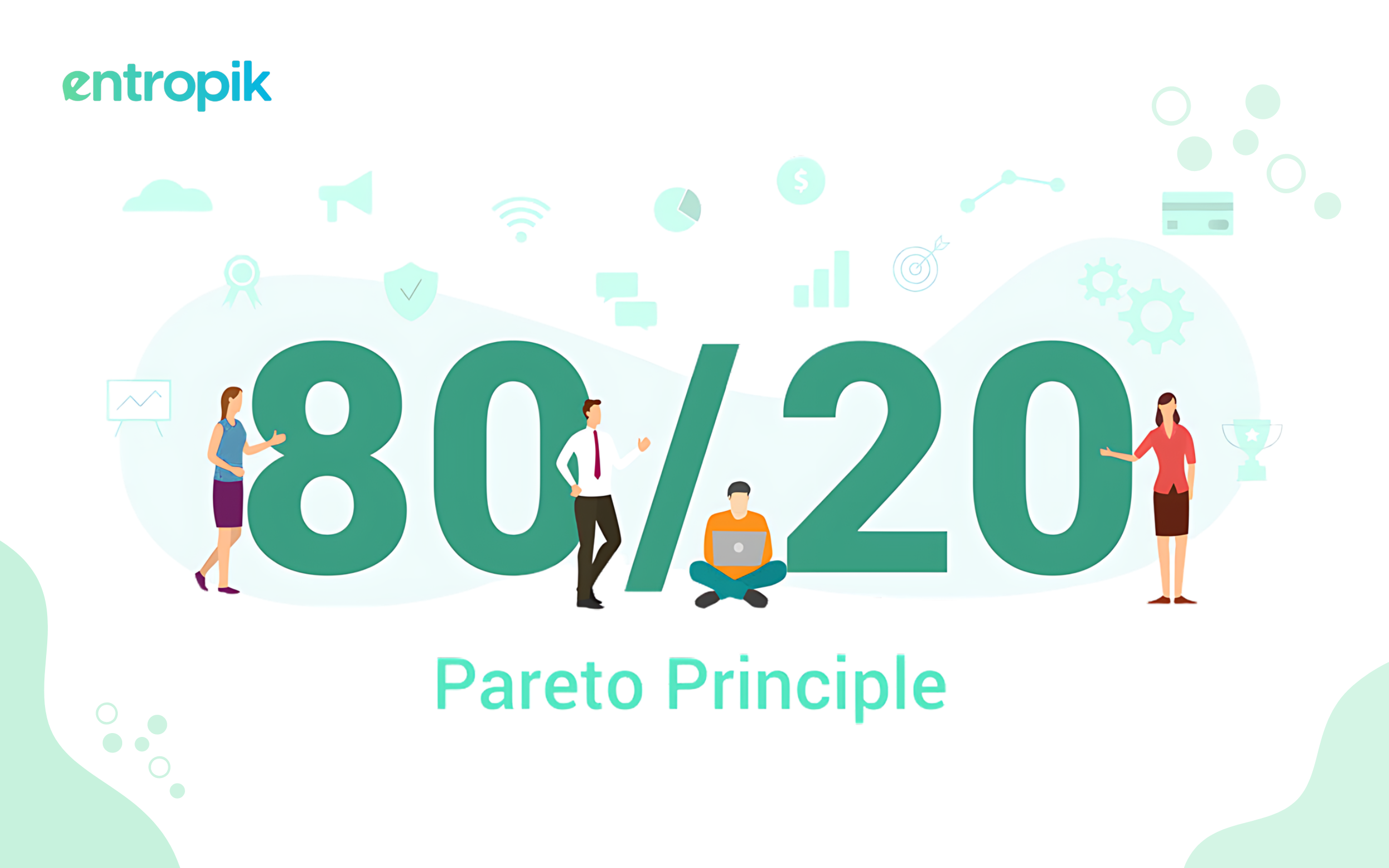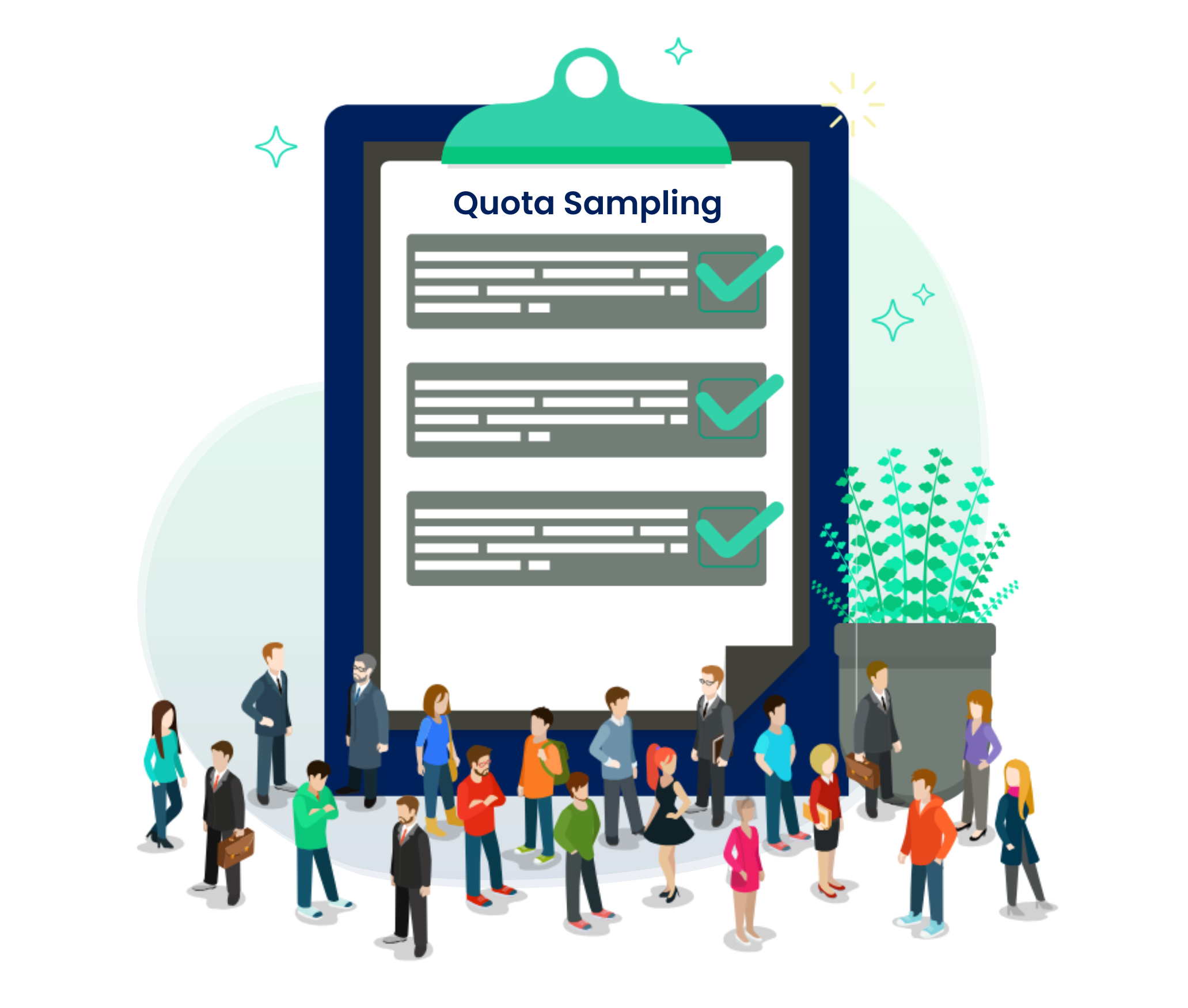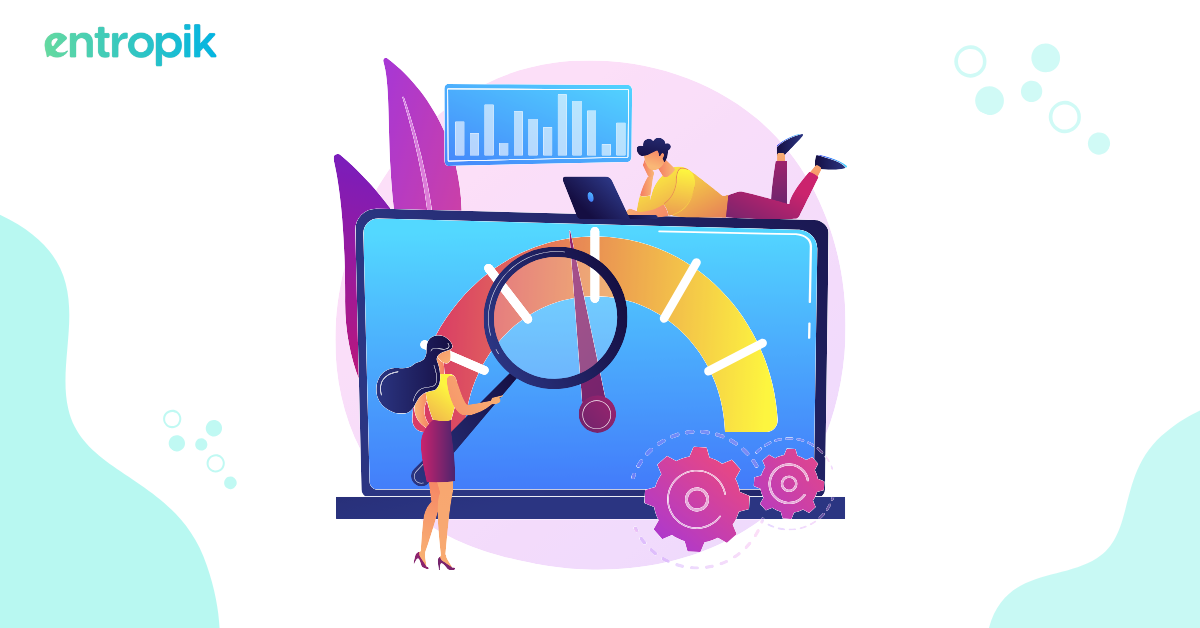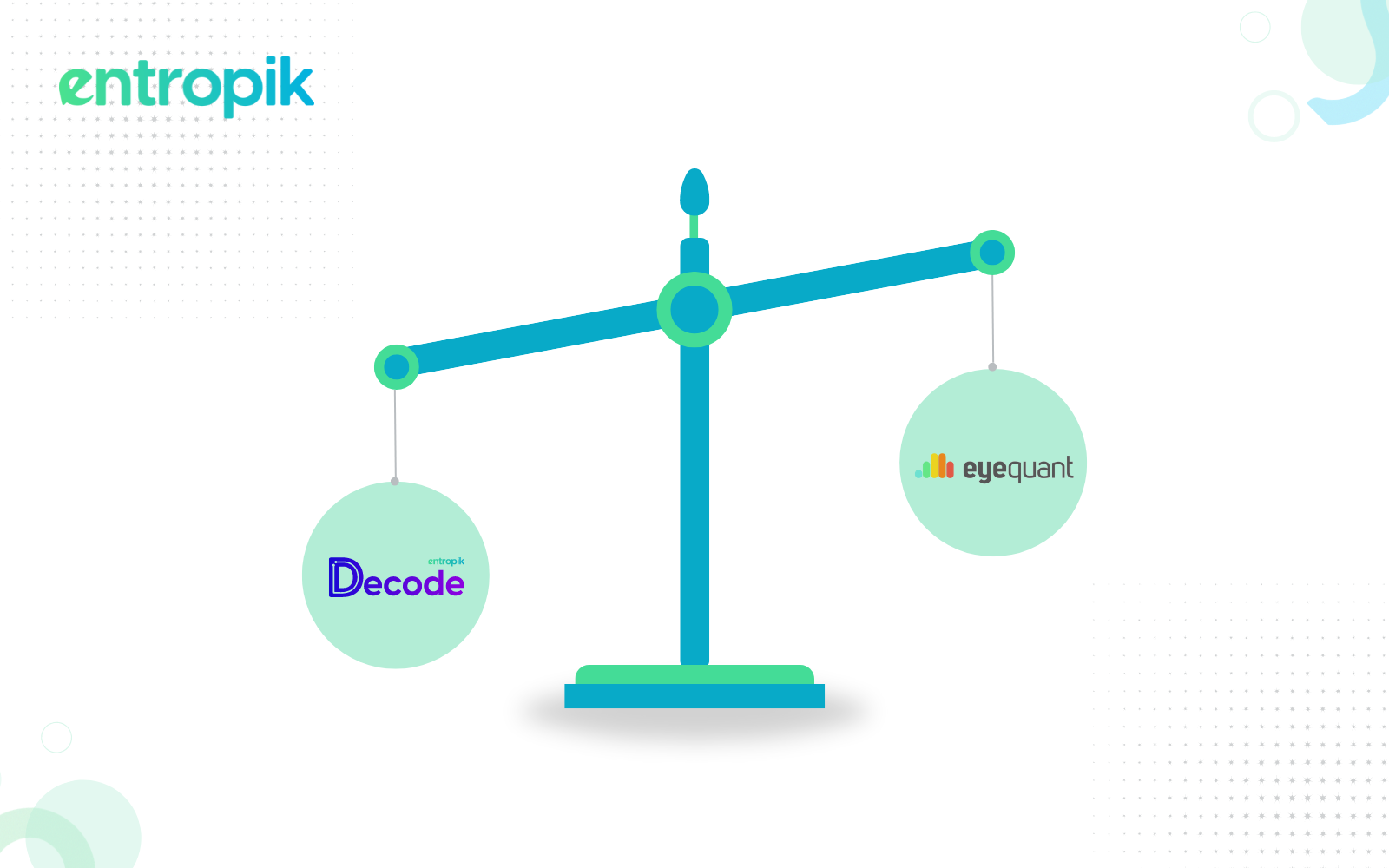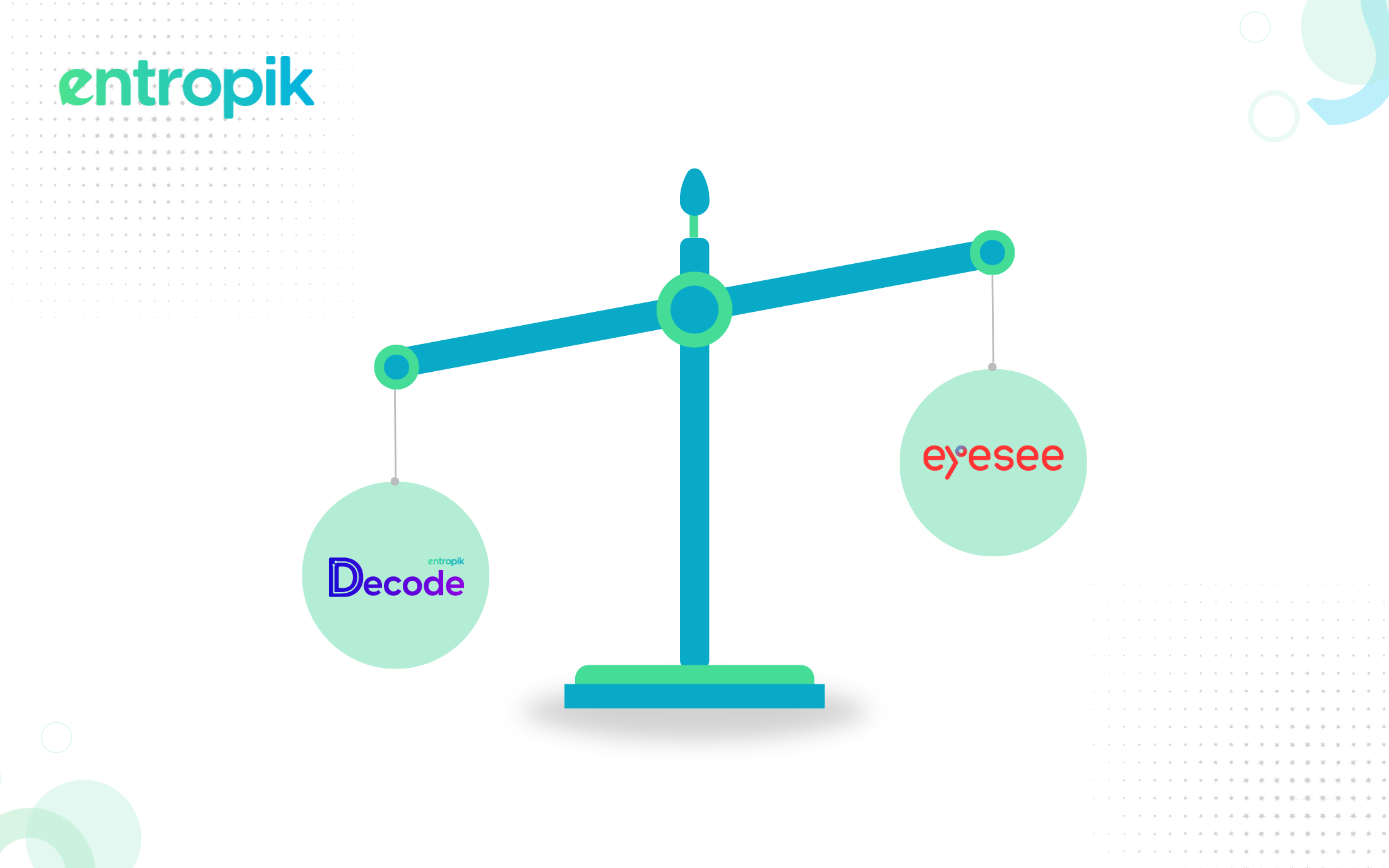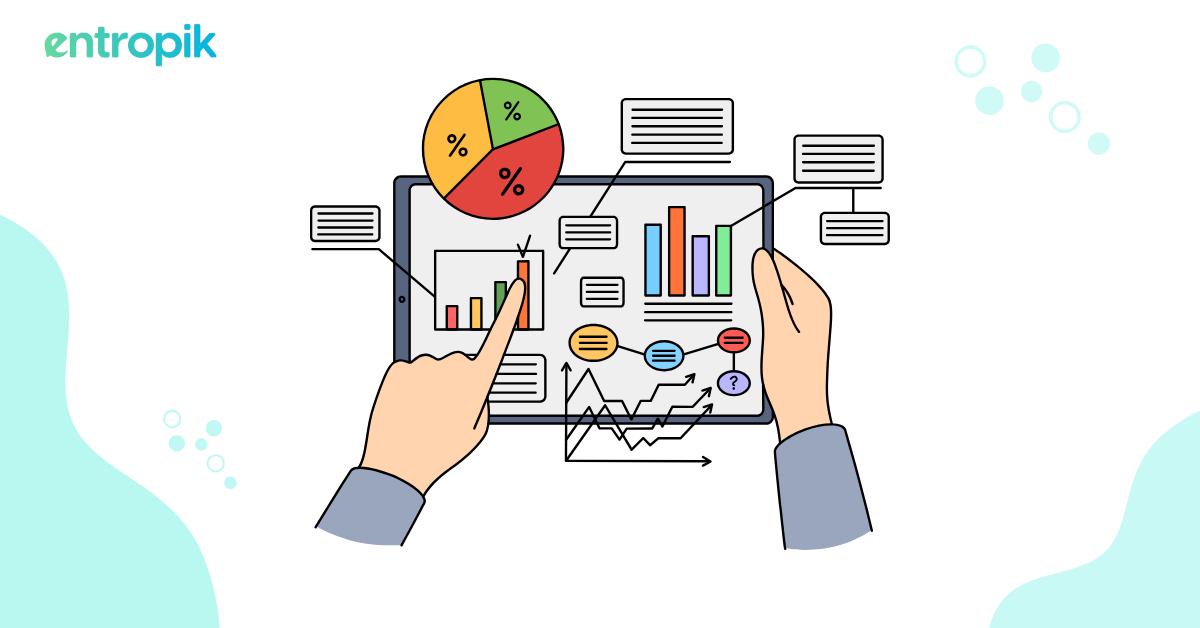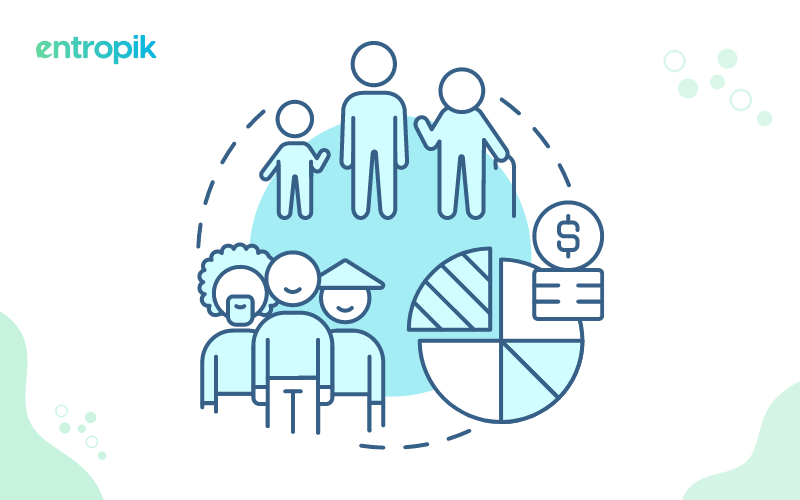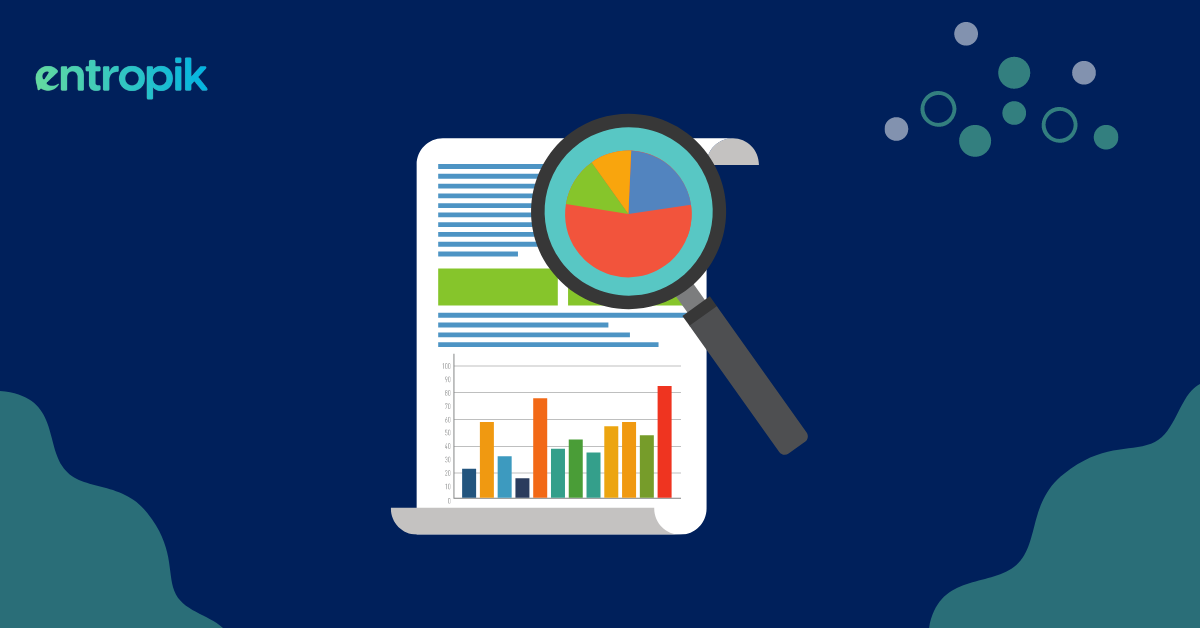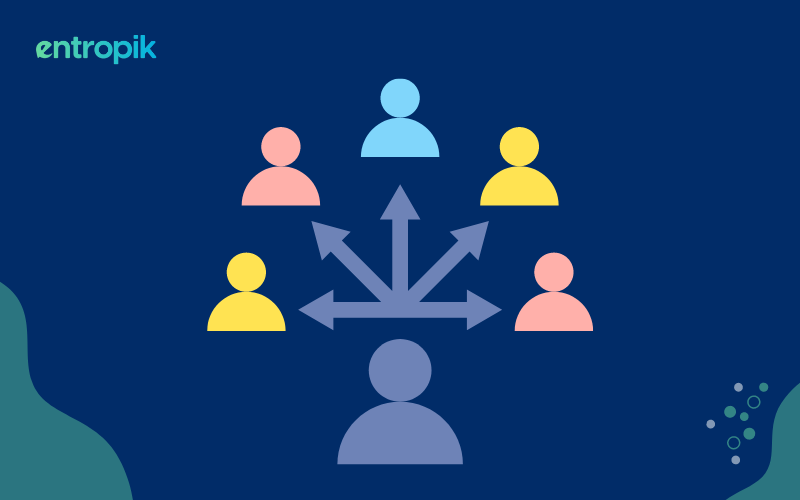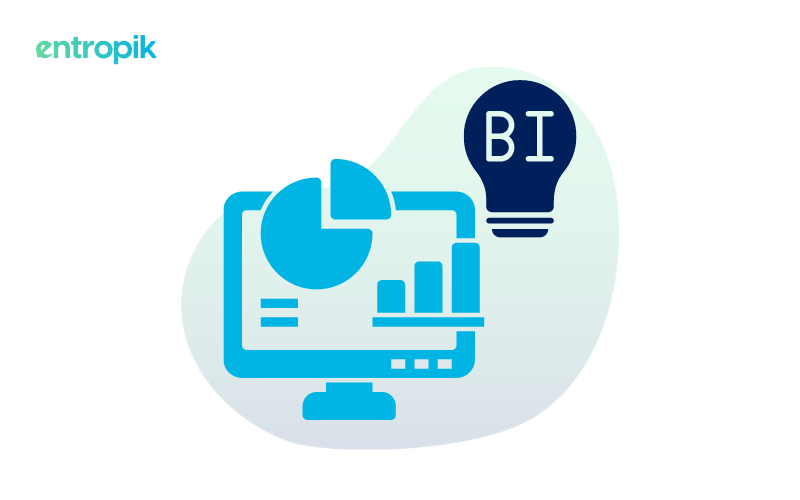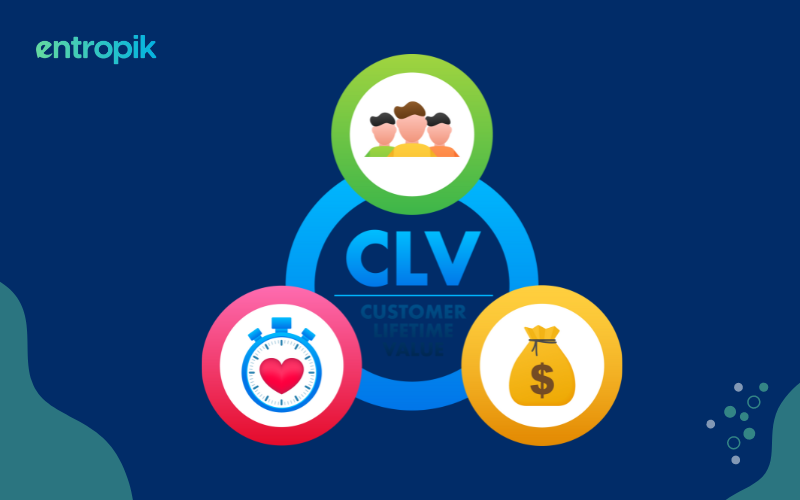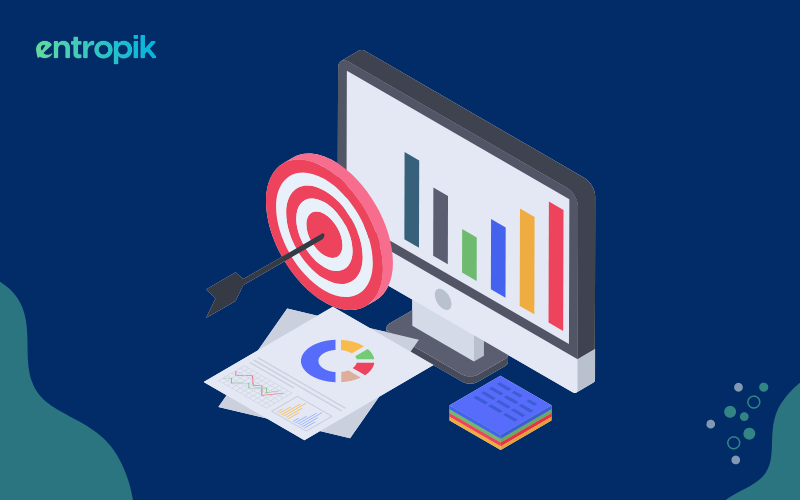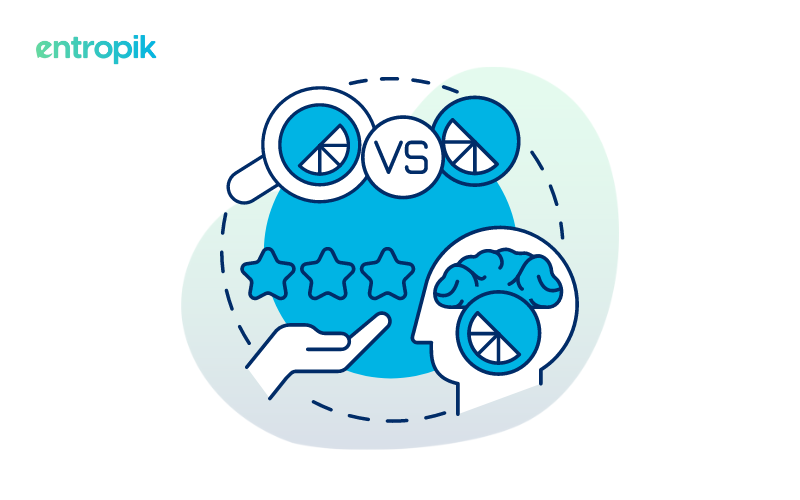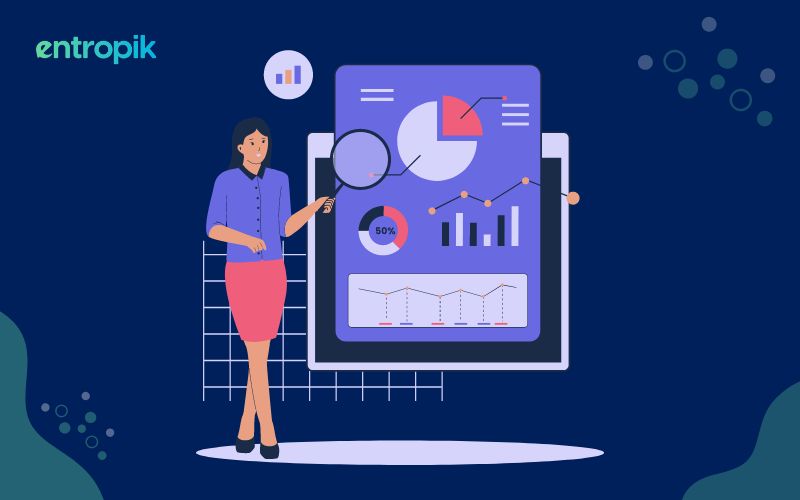In today's data-driven world, businesses constantly seek innovative ways to enhance their decision-making processes and optimize performance. Intelligent Scoring emerges as a game-changer, leveraging advanced algorithms and machine learning to provide deep insights into consumer behavior, market trends, and operational efficiencies.
As a result, businesses can improve decision-making in areas such as customer behavior, market trends, and operations efficiency and enhance growth and profitability. Visit the blog to learn more about Intelligent Scoring, how it works, and how it can transform a business strategy path leading to success.
What is Intelligent Scoring?
Intelligent Scoring is a data-driven approach that uses advanced algorithms and machine learning techniques to analyze and evaluate various aspects of business operations, customer behavior, and market trends. It provides actionable insights and predictive analytics to help organizations prioritize leads, optimize processes, and make informed decisions.
By leveraging large datasets and sophisticated models, Intelligent Scoring enhances the accuracy and effectiveness of strategic planning and performance management.
Example of Intelligent Scoring
An example of Intelligent Scoring can be seen in sales and lead management.
Imagine a company using a customer relationship management (CRM) system to track potential leads. All potential leads can be loaded into such a system. Intelligent Scoring can be trained on such data, including website statistics, interaction parameters with e-mails, behavior in social networks, or purchase history. A good lead can show the following features: he often looks at the page with prices on the company’s website, opens the letter without delays, and has already praised similar products.
In this case, he can get a high lead score. A high lead score means this user is likely a lead and has a significant chance of converting into a customer. The sales team will contact him directly with an increased chance of success. And all those with a low score can automatically go to the campaigns to warm them up. Thus, the sales funnel will become more targeted, and they will walk along, and it will be much more effective.
What Is the Importance of Intelligent Scoring?

Enhanced Decision-Making
Intelligent Scoring is a system based on data analytics and machine learning. It allows businesses to make the right decisions by providing actionable insights. Intelligent scoring helps identify opportunities and risks by detecting patterns and trends. That said, the exact data should back all strategic decisions.
Prioritization of Resources
Intelligent Scoring enables businesses to score leads, customers, or projects according to their potential value or likelihood of being successful. As such, teams can devote their energy to the most relevant, high-scoring leads whose likelihood of conversion is higher. The same approach is relevant to marketing teams focusing on more engaged segments. In turn, the efficiency increases, and businesses can concentrate their resources on the needy areas.
Personalized Customer Engagement
Intelligent scoring provides a new way to understand customer behavior and preferences. Businesses can use data from various touchpoints to develop communication and marketing strategies that are more meaningful and relevant to each customer. This can improve customer experience, encourage brand loyalty, and increase repeat business.
Operational Efficiency
Intelligent Scoring facilitates the continuous operation of processes and the automation of routine work. One way it can be applied is by automatically prioritizing customers and leads, among other factors. For instance, scoring systems can assign leads to representatives based on priority and automatically trigger engaging customer emails. This automation reduces manual effort, minimizes errors, and ensures that teams can focus on high-impact activities, ultimately boosting productivity.
Improved Risk Management
Intelligent Scoring helps identify and mitigate risks by analyzing data patterns and detecting anomalies. For instance, in finance, it can assess the creditworthiness of loan applicants, reducing the risk of defaults. In supply chain management, it can predict potential disruptions, allowing businesses to take proactive measures. This proactive risk management leads to greater stability and reliability in operations.
Data-Driven Culture
Adopting Intelligent Scoring fosters a culture of data-driven decision-making within an organization. It encourages teams to rely on data insights rather than intuition or guesswork, promoting transparency and accountability. As more employees embrace data-driven practices, the organization becomes more agile, innovative, and competitive.
How Can Intelligent Scoring Improve Your Business?
Optimizes Sales Performance
Intelligent Scoring can significantly boost your sales team's efficiency by prioritizing leads based on their conversion likelihood. By focusing efforts on high-scoring leads, sales representatives can tailor their approach to meet potential customers' needs and behaviors, increasing the chances of closing deals. This targeted effort reduces wasted time and resources on less promising leads, ultimately driving higher sales and revenue.
Enhances Customer Retention
By analyzing customer behavior and engagement patterns, Intelligent Scoring can help identify at-risk customers and those likely to churn. Early detection of these signals allows businesses to address issues proactively, offer personalized incentives, and engage customers in meaningful ways to retain their loyalty. This proactive approach helps maintain a strong customer base and reduces the cost of acquiring new customers.
Improves Marketing Effectiveness
Intelligent Scoring enables more precise segmentation and targeting in marketing campaigns. Businesses can create highly personalized and effective marketing strategies by understanding which customers are most likely to respond to specific messages or offers. This leads to higher engagement rates, better conversion rates, and an improved return on marketing investment.
Streamlines Operational Processes
Intelligent Scoring can automate routine tasks and decision-making processes, freeing up valuable time for employees to focus on more strategic activities. For example, it can automate the prioritization of customer support tickets based on urgency and impact, ensuring timely resolution of critical issues. This automation improves operational efficiency, reduces errors, and enhances overall productivity.
Supports Strategic Planning
With Intelligent Scoring, businesses gain deeper insights into market trends, customer preferences, and competitive dynamics. These insights support more informed strategic planning and forecasting. By understanding which products or services have the highest potential, businesses can allocate resources more effectively, enter new markets confidently, and innovate based on data-driven insights.
Enhances Risk Management
Intelligent Scoring helps businesses evaluate and mitigate risks by analyzing potential threats from all angles. Credit risk is assessed in financial services to avoid defaults and bad debts. In supply chain management, it predicts potential interruptions and suggests preventive measures. Overall, improved risk management enhances business stability and reliability.
Final Words
Intelligent scoring is transforming the landscape of data analysis and decision-making across various industries. By leveraging advanced algorithms and machine learning techniques, organizations can gain deeper insights, predict outcomes more accurately, and enhance efficiency.
Whether in finance, marketing, healthcare, or any other field, integrating intelligent scoring systems allows for more informed and strategic decisions, ultimately driving growth and innovation. As technology continues to evolve, the potential for intelligent scoring to revolutionize how we approach data cannot be overstated, making it an indispensable tool in the modern world.

Decode is a valuable tool for researchers, simplifying the creation of surveys, data gathering, and information analysis. It supports all types of research, from forming hypotheses to testing them, and incorporates intelligent scoring to enhance data interpretation. This advanced feature allows for more accurate insights and predictions, optimizing research outcomes. Start a free trial to explore Decode's intelligent scoring capabilities and maximize your research potential.
Frequently Asked Questions (FAQs)
1. How does Intelligent Scoring work?
Intelligent scoring works by collecting and analyzing large amounts of data about the entities being scored. This data is processed using algorithms that identify key factors influencing outcomes. The results are then used to generate scores that reflect the likelihood of certain behaviors, such as purchasing a product or responding to a marketing campaign.
2. What types of data are used in Intelligent Scoring?
Intelligent scoring can utilize various data types, including demographic information, behavioral data, transaction history, engagement metrics, and external data sources. The specific data used depends on the context and objectives of the scoring model.
3. How can businesses implement Intelligent Scoring?
Businesses can implement intelligent scoring by first identifying the key objectives they want to achieve. They should then collect relevant data, choose appropriate scoring algorithms, and continuously refine their models based on feedback and new data. Collaborating with data scientists or leveraging existing platforms can also facilitate implementation.
4. Can Intelligent Scoring be automated?
Yes, intelligent scoring can be automated using machine learning and artificial intelligence tools. Automation can streamline the scoring process, allowing for real-time analysis and updating of scores as new data becomes available.















.jpg)



